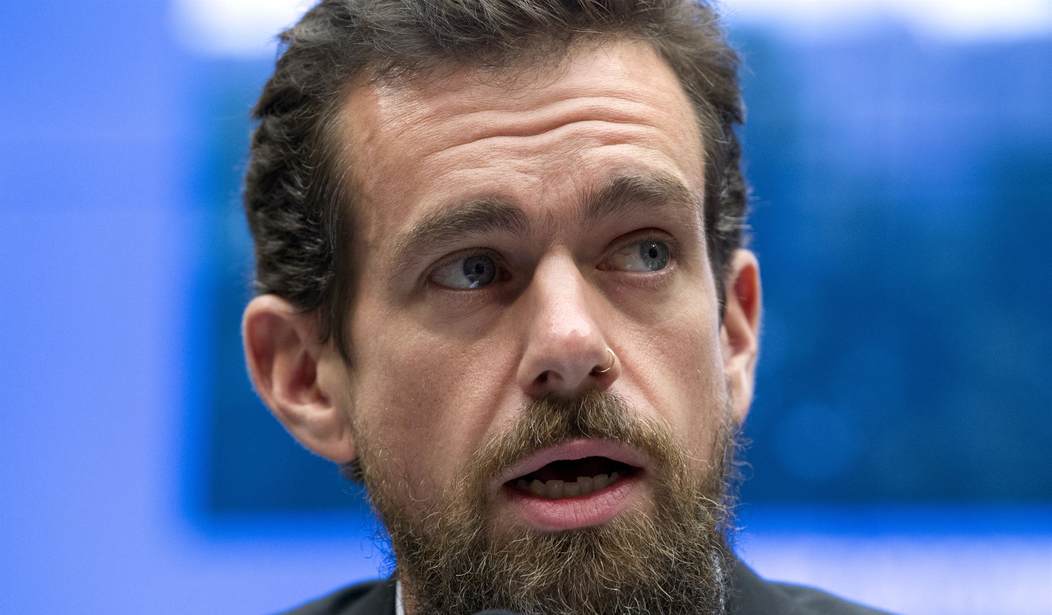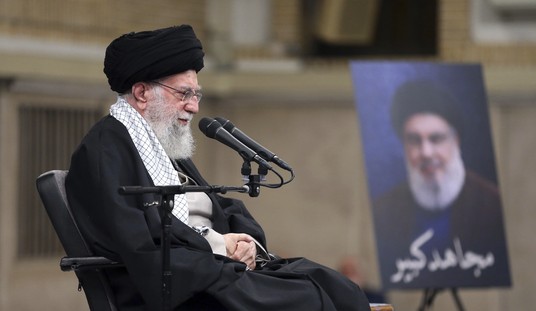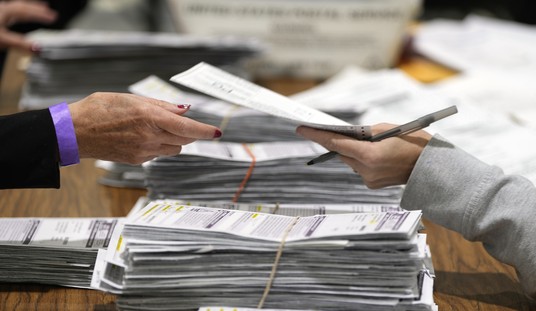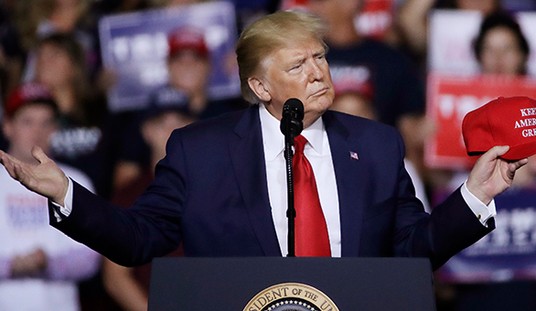In a thunderously stupid move, Twitter CEO Jack Dorsey announced last week that the platform is banning political and issue advocacy advertising. It is a decision uniting voices (from all ideologies) in opposition to restrictions on using the platform to disseminate persuasive messages. Without the ability to utilize paid media, many ideas and candidates will lack the opportunity to be heard or even try to gain support. It is a terrible loss for those of us who enjoy making informed decisions – and a victory for advocates of censorship.
Regardless of political tendencies, suppression of Free Speech is something that must always be fought vigorously – and anyone advocating for such a prohibition should be met with great suspicion. What are they hiding and what do they have to fear about a competing point of view? If a message is authentic and has support, it will stand up to challenges from critics, and cynics – if it doesn’t then it will surely fail.
This kind of regulation of Free Speech is exactly what Kamala Harris was advocating in the fourth Democratic debate when she was pushing Senator Warren to agree with her that President Trump’s Twitter account should be suspended. It is a position that proves she has no message to compete with the President’s and therefore simply wants his voice removed.
It is ok to disagree. It is not ok to silence those you disagree with.
Twitter’s Dorsey is taking this style of censorship a step further – by simply banning all political ads – he is silencing those he may agree or disagree with (by taking his ball and going home.) While it does nothing to the current popular Twitter influencers, (like the President) surely this is not too far down the slippery slope they are on. And let’s be real, it is not like conservative voices have enjoyed fair treatment on the platform.
Recommended
Dorsey surely made this decision based on economic factors, (a good business always does.) Supposedly, political advertising is only a small portion of its revenue. The stock price fell initially after the announcement but seems to be absorbing the news well – perhaps the social media marketplace can take it – but the marketplace of ideas is taking a beating.
The scrutiny that Twitter hopes to avoid from their decision (pressure that Facebook, Google, and others will surely feel more of) could be worth it from an economic (and headache) standpoint – but there are other considerations that could still harm the company.
It will not be long before someone files a lawsuit against Twitter for refusing to allow advertisement of a particular message (or a new double standard arises.) If a case against Masterpiece Cakeshop (for refusing to bake a cake that violated the baker’s religious beliefs) can make it to the United States Supreme Court – surely the political lawyers in Washington are just waiting for a refusal from Twitter to make a big splash. Perhaps they will advertise for plaintiffs!
Dorsey may be ready for the legal challenges and by hiding under the blanket ban – but that will hardly be enough to stand up to the political heat that the Twitter team is trying to avoid in the first place.
In the announcement Wednesday, Dorsey made the case that media attention should be earned not paid – which is likely music to the ears of all the traditional public relations professionals out there who have been struggling for relevancy as their clients (like President Trump) are able to go around the traditional media and deliver unfiltered messages directly to their audiences. But, placing these restrictions makes it tougher to get a message out via social media – after all, Twitter is a media company.
Imagine if The Washington Post, Politico, or Townhall made the same call? They would never. The owners are smart enough to understand their role and responsibility – as a business and as a public service – and would avoid such a drastic policy shift.
Like in my case, McCutcheon vs FEC, it was all about putting more money and messages into the political process, allowing for a more spirited debate, and giving the underdogs a chance to compete. The Twitter roadblock makes it much tougher for everyone – and the thoughtful consumer hoping for information, or political insights, ends up losing.
Will Twitter’s policy last? If people can no longer get the information they want or need, they will go elsewhere for it – and we will see users voting with their fingers as they leave the service for a more engaging marketplace.
Shaun McCutcheon a Free Speech advocate, is an Alabama based electrical engineer and successful plaintiff in the 2014 Supreme Court case McCutcheon v. FEC. His Twitter handle is @McCutcheonWins

























Join the conversation as a VIP Member